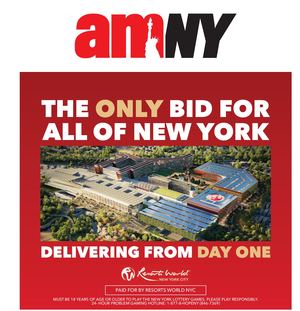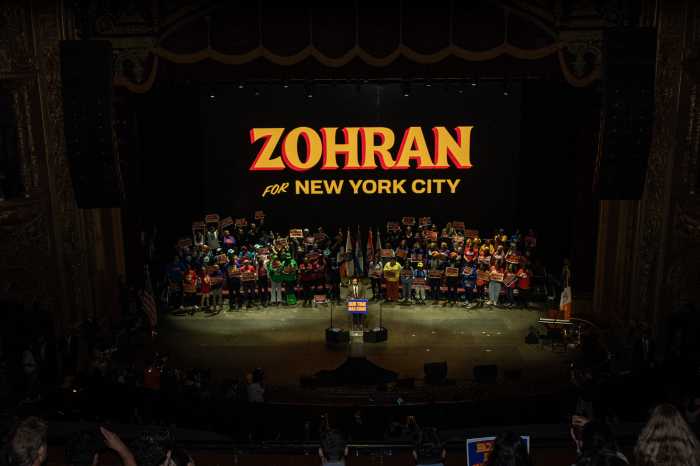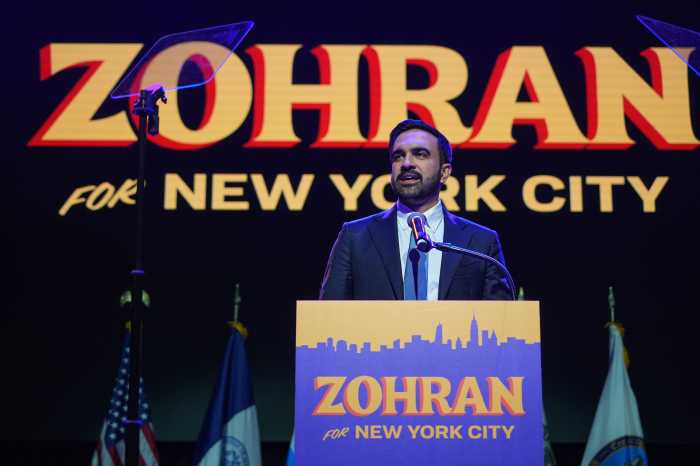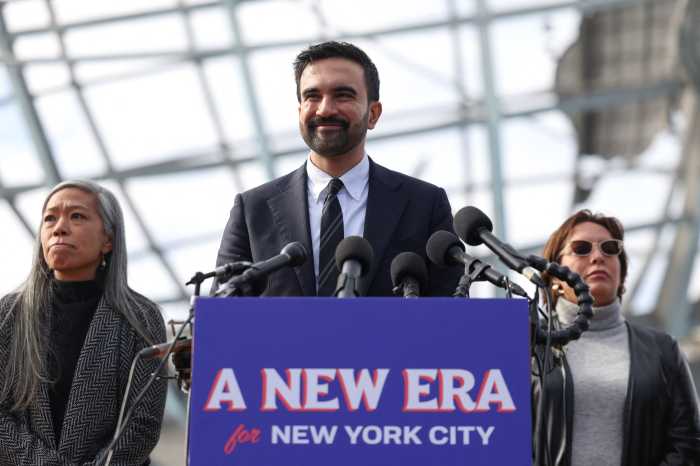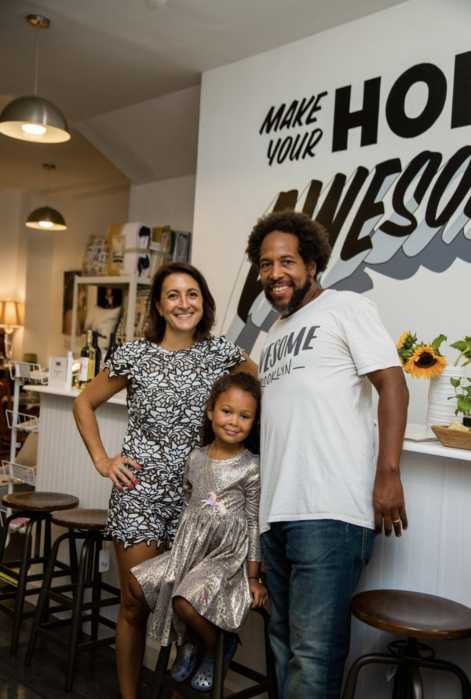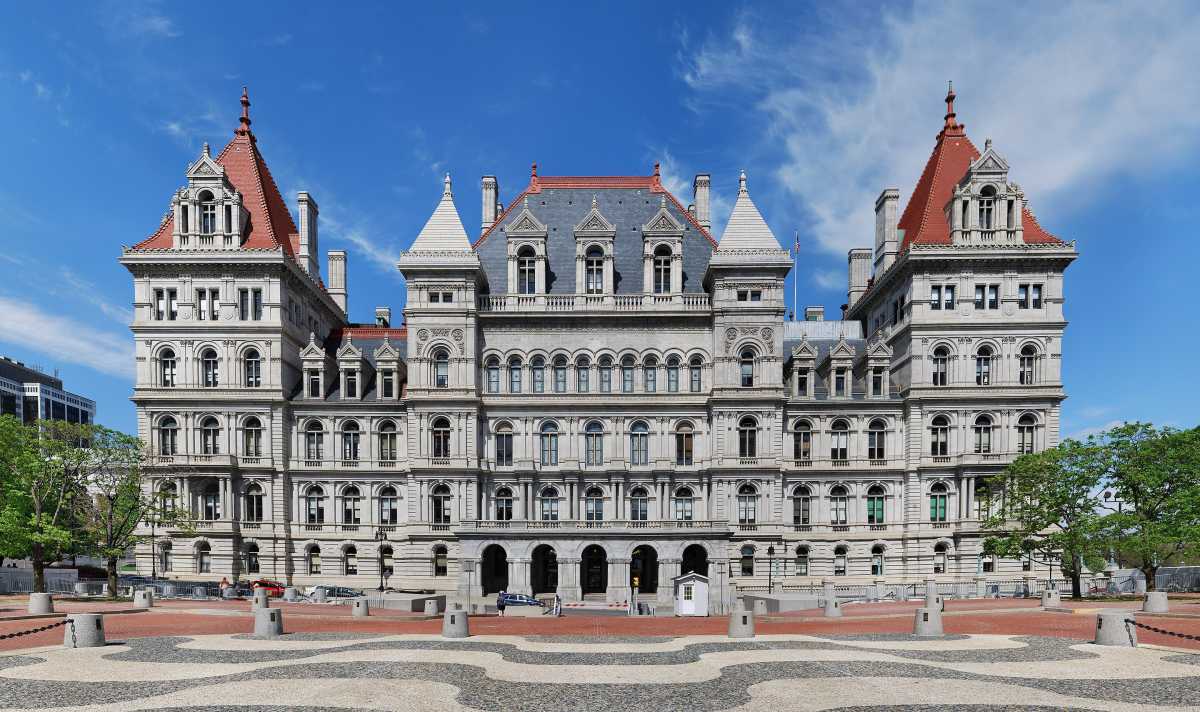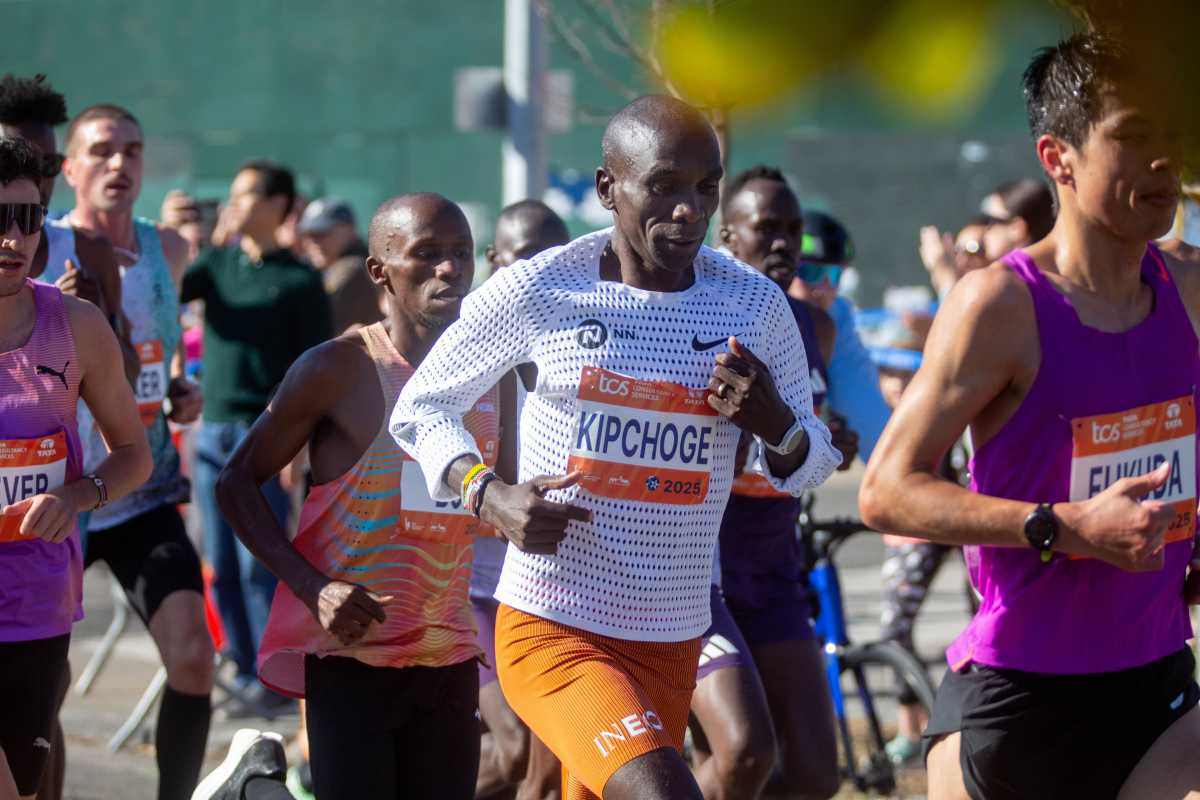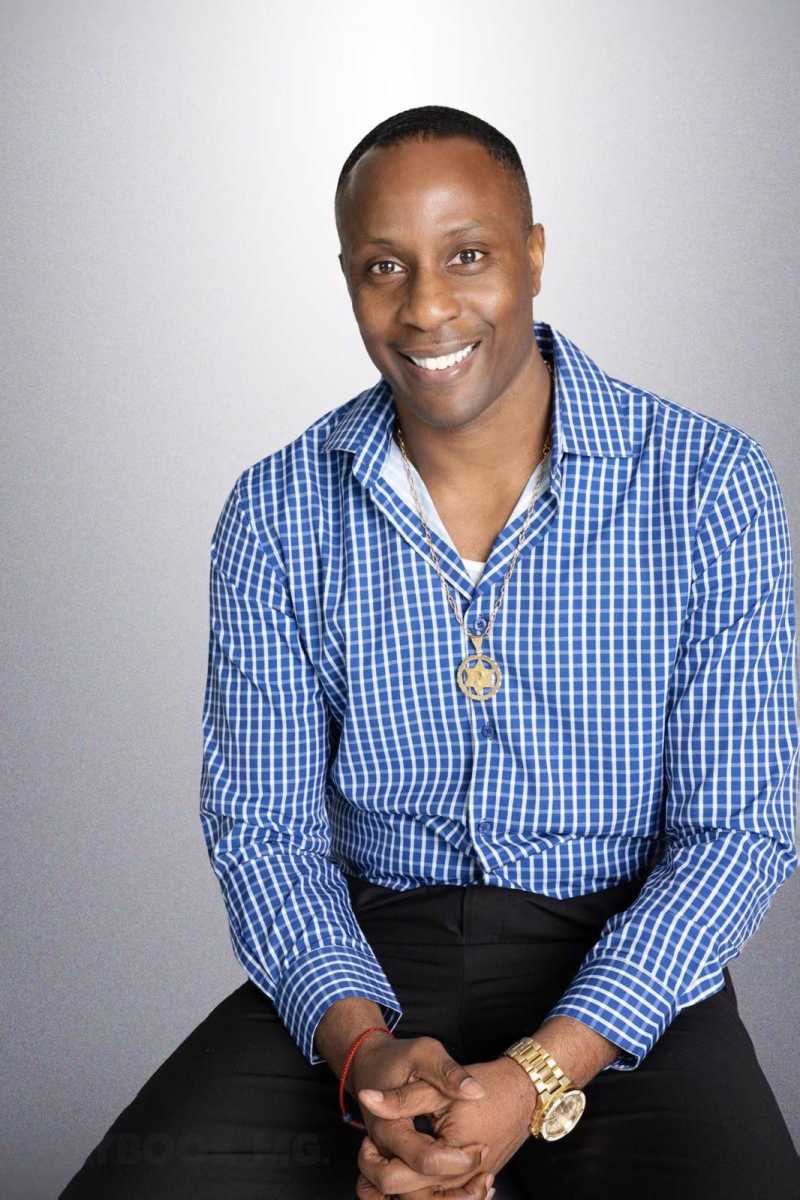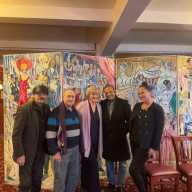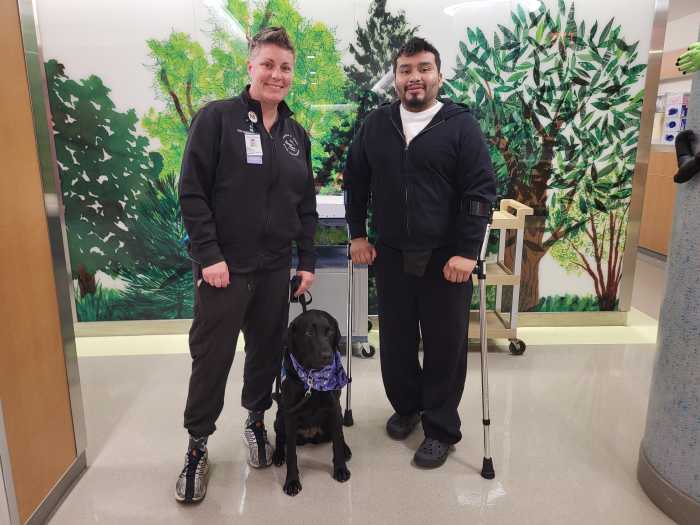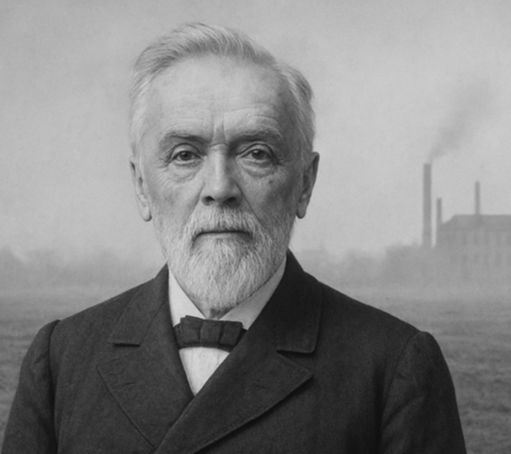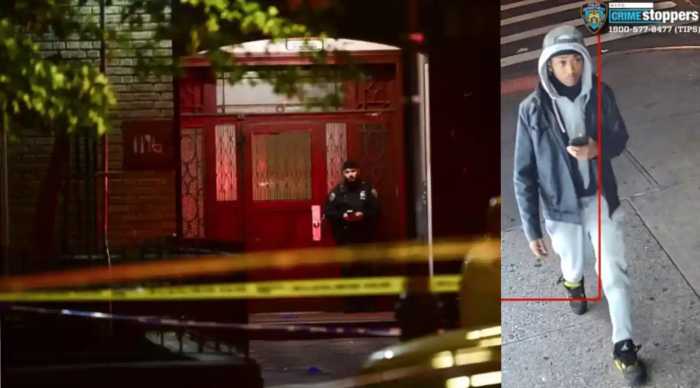
I remember the sounds made by her empty stomach.
We slept under a staircase in Washington Heights; her arms wrapped around me. I was only 5, but I remember the noises my mother’s stomach made when she would skip a meal just so I could eat. In those days, she would take me to school and we would share my breakfast. She made sure I had perfect attendance.
Things changed with the help of the Supplemental Nutrition Assistance Program, also known as food stamps. SNAP support helped my mother pay for rent and day care, and buy me clothes by allowing her to spend money on things other than food.
SNAP saved our lives.
In the year after I came home from prison in 2015, again, SNAP helped me become stable until I found employment and no longer needed to supplement my income. So many people with records who have been to prison or have been on probation face barriers to employment and housing, and for us, SNAP can be a lifeline.
I am one of thousands of New Yorkers who survived thanks to SNAP, which provides the security and safety of knowing where your next meal is coming from while looking for a job or housing. Now imagine 40,000 struggling New Yorkers losing their SNAP benefits.
If the House version of the 2018 Farm Bill with extensive exclusions passes Congress and is signed by President Donald Trump, there will be 2 million people who would have their SNAP reduced or ended immediately. Without SNAP, too many families will go hungry.
White people are the largest group of recipients, but the penalty of losing benefits would fall disproportionately on black and brown families who have been involved with the criminal legal system. Overnight, the most underserved communities will have less access to stability, safety, and success.
Exclusionary components of the House legislation would strip the most vulnerable communities of an essential tool for daily life. Instead, we should focus on investing in programs that maintain access to food, education and job training, housing, living wages, and healing. That is what builds healthy communities.
Vidal Guzmán is a New York City-based community organizer at JustLeadershipUSA.
